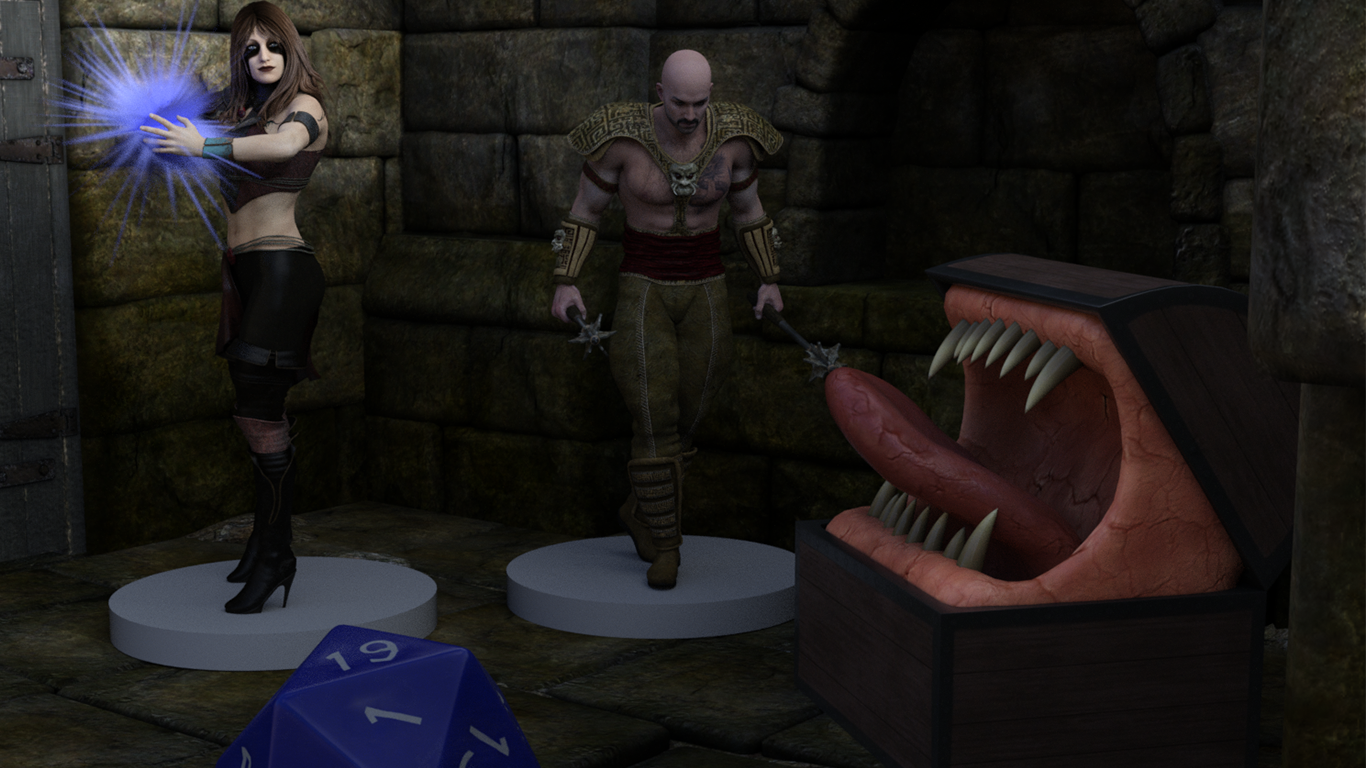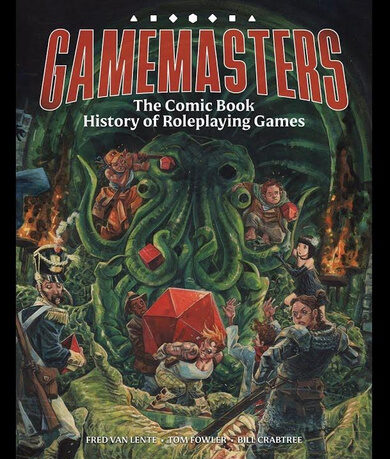We may earn money or products from the companies mentioned in this post.
While reworking one of the Elevator Pitches for Cinemechanix this week, I had to stop myself. I almost spent a lot of time and words on rules that were completely unnecessary. This isn’t the first time this has happened, so I’ve kind of developed a litmus test to apply when I start going into rules tinkering mode: Does whatever rule I’m writing serve The Rules or does it serve The Game?
Since some of you are probably wondering what’s the difference, I should define my terms. In this context, The Rules are the game mechanics, The Game is what happens when you sit down at the table. Over the years I’ve written tons of game mechanics that looked great “on paper” (as part of The Rules) that I completely ignored once I sat down to play The Game. The ultimate example is Qerth, a game where only a masochist would even attempt to use the rules as written (a fact we point out in the GM section), but since the rules there are part of The Joke (which isn’t really The Rules or The Game), it’s probably not the best example. More typical examples include the various magic systems, chase rules, and to some extent even character creation rules scattered throughout our supplements. The Hex crew might use them if we’re specifically trying to show them off at a convention game, but even then we tend to default to the core rules if the written rules aren’t going to add something to what’s happening at the table.
Most of us who design games enjoy tinkering with rules. Some might even enjoy using those games in play, but not me. When I’m working on game rules, I tend to forget to think about how they’re going to work in the actual game. I only see how they fit into The Rules, which are a thing defined more by a slippery concept called “Elegance” that has more to do with how the rules fit together to form a cohesive whole than whether or not they can be used to play a fun game. Many games that people describe as “elegant” look great on paper but are completely unplayable for one reason or another. The original Deadlands rules combined dice with a very elegant system of playing cards, poker chips, and equestrian events to resolve actions, which seemed like it would really enhance the Old West theme. In reality, it slowed the game to a crawl. Then there’s DC Heroes, which measured everything from Batman’s bank account to Green Arrows penis size in a unit called APs. It was all very elegant until you actually needed to know how APs converted to real-world units. For that, you needed a scientific calculator. The point is that elegance doesn’t necessarily mean playability.
The best combination of elegance and playability shows up in games that have a few simple core mechanics that can be easily adapted to provide a satisfying level of detail and gameplay value for many different situations. A lot of games have this at their core, but game designers inevitably fuck it up by not leaving well enough alone. D&D 3E (the most recent version I’ve read) is an excellent example. On the surface you’ve got a nice, clean core mechanic, but as soon as you get to the skills section you’ve got a specific variation on each individual skill that turns the whole thing into a big mess of subsystems. These subsystems are great for illustrating how the core mechanics can be tweaked or defined for specific situations, so they fit perfectly into The Rules. Unfortunately, at the same time the create a million fiddly exceptions to the basic rules that would quickly make The Game unplayable if they were used consistently. Most GMs understand this and only use the specific rules when they make the game more fun or enhance the story; If the details don’t really matter, just make a regular roll and go on. Unless the group includes particularly annoying rules lawyer or the players have a difference of opinion about what “matters,” that usually works fine.
On the other end of the spectrum is “Story Game” territory, where there are few or no variations to the core rules. Such simplistic rules can make the players feel like they’re making the same roll no matter what they do, which can make the rules feel pointless. Players want to feel like their decisions affect the outcome. If the PCs’ decisions don’t alter the rolls, you might as well just flip a coin.
The ideal is somewhere between the two extremes. You need special rules for things that are important to the kind of story being told, but you don’t need rules for every single character type, situation, ability, and genre trapping. Mechanics that add overhead without making the game more fun may serve The Rules, but the probably don’t improve The Game. The trick is recognizing it and trusting the players to tweak your elegant core mechanics for the things they think are important enough to merit special rules (but you didn’t).






